POLICY PAPERS
The FORCE Project addresses the fundamental issues, challenges and opportunities of the 4th Industrial Revolution, its impact on the EU member states’ economies and societies, on sustainable and fair growth and the achievement of the UN’s Sustainable Development Goals (SDGs).
At a time when the 4IR technological developments, such as robotics, Artificial Intelligence (AI), the Internet of Things, big data and additive manufacturing, advance at an exponential rate, the EU is faced with the challenge of developing strategies (i.e. the EU Digital Strategy) and the necessary regulatory frameworks that will allow the EU member states to exploit the opportunity for balanced growth. For this purpose it is critical that the possible negative environmental, societal and economic impacts of the 4IR are identified and addressed through an ongoing, interdisciplinary and inclusive dialogue.
With an aim to facilitate a socially fair transition to the new technological era, the FORCE Project Policy Papers aim to highlight those key issues that need to be taken into account within the context of the EU. The four Force Policy papers presented here, therefore set the basis for an ongoing discussion that will be held through a series of events, workshops and conferences
The 4IR: Key-issues in the post pandemic era
In the present paper Dr Selimis explores the main challenges of the 4IR, within the context of the Covid-19 pandemic. From the future of work, education, living conditions and the mitigation of the climate crisis, to data privacy and the effects of artificial intelligence, automation of production, digitization and new innovative approaches in various scientific fields, Dr. Selimis explores the 4IR key aspects and necessary considerations in the face of the impacts of the pandemic.
Industrial policy in the context of globalization, climate change, international decoupling & the new technological revolution
To achieve fair and sustainable growth, industrial policy should not be perceived as independent from the social and natural environment. In this paper Dr. Georgopoulos and Prof. Labrianidis explore industrial policy in the context of the 4IR and the ‘prerequisites’ for development in the 21st century: the natural prerequisite, i.e. the mitigation of environmental impacts, the social prerequisite, i.e. addressing inequality and prioritizing social needs and the international prerequisite, i.e. avoiding clashes and promoting international cooperation.
The dual aspect of the 4IR-Environment nexus
In the present Policy Paper, the authors explore the duality in the relationship between the technological advances of the 4IR and the environment. New 4IR-related technologies in the industrial, energy and environmental sector are expected to bring significant benefits for climate mitigation and adaptation. Artificial intelligence may improve the capacity of authorities and stakeholders to address several pressing environmental issues (i.e. pollution, desertification, degradation of ecosystems etc.) However new technologies and the increasing prevalence of digitalization will have their own environmental impacts (i.e. rising emissions, increased electronic waste). This policy paper aims to identify the current environmental impact of the digital economy, as well as showcase potential applications of 4IR technologies for climate change mitigation in order to highlight the need for governance and policy frameworks, designed with view of the environmental footprint of the 4IR.
Knowledge commons, open access and social innovation
In this paper, Dr. Kotsaka attempts to highlight the role of commons within the scope of the 4IR and the ensuing changes in the production model. As the technological transition of the 4IR offers the opportunity for the expansion of commons processes to a wider sector of the economy, Dr. Kotsaka explores the potential impact of commons, digital and knowledge commons and P2P networks, on social environmental and economic issues especially in light of crises, such as the COVID-19 pandemic Moreover the present papers aims to place emphasis on the significance of institutional and regulatory frameworks, developed for the support of a respective transition to a collaborative economy within the EU.

